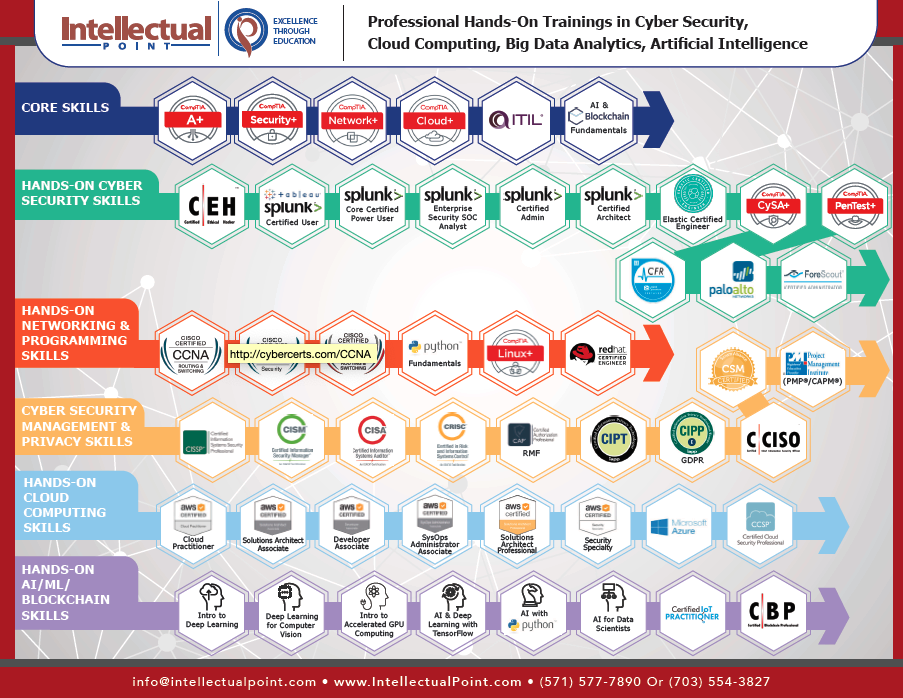
It All Started with a Blinking Light
I remember the first time I was truly fascinated by networking. I was a kid, and our family’s internet connection went down. I spent hours on the phone with tech support, trying to decipher their jargon and follow their instructions. Finally, after what felt like an eternity, I managed to get us back online. The sense of accomplishment I felt in that moment was a turning point for me. I was hooked.
If you’re reading this, you probably have a similar story. Maybe you’re the person your friends and family call when their Wi-Fi is acting up. Maybe you’re fascinated by how the internet works. Or maybe you’re just looking for a challenging and rewarding career in tech. Whatever your reason, you’ve come to the right place.
Why a Career in Networking?
Networking is the foundation of the modern world. Every time you send an email, stream a video, or post on social media, you’re using a network. As a network professional, you’ll be responsible for building, maintaining, and securing these networks. It’s a challenging job, but it’s also incredibly rewarding.
Here are just a few reasons why I think a career in networking is a great choice:
- High Demand: Every company needs network professionals to keep their systems running.
- Good Salary: Network professionals are well-compensated for their skills.
- Constant Learning: The world of networking is constantly evolving, so you’ll never be bored.
- Job Satisfaction: There’s a real sense of satisfaction that comes from solving complex problems and keeping critical systems online.
My Advice for Getting Started
So, you’re convinced that a career in networking is for you. Now what? Here’s my advice for getting started:
Learn the Fundamentals: Before you can run, you have to walk. Start by learning the fundamentals of networking, like the OSI model, TCP/IP, and subnetting. There are tons of great resources online, like YouTube channels, blogs, and online courses.
Get Hands-On Experience: The best way to learn networking is by doing it. Set up a home lab using old routers and switches, or use a network simulator like GNS3 or Cisco Packet Tracer. The more you practice, the more you’ll learn.
Get Certified: Certifications are a great way to validate your skills and show employers that you know your stuff. The CompTIA Network+ and Cisco Certified Network Associate (CCNA) are two of the most popular entry-level certifications.
Never Stop Learning: The world of networking is constantly changing, so it’s important to stay up-to-date on the latest technologies. Follow industry blogs, attend webinars, and join online communities to keep your skills sharp.
Here’s a simple ping command that you can use to test your network connectivity. It’s one of the first commands that every network professional learns:
1
2
# Ping Google's public DNS server to see if you have internet connectivity
ping 8.8.8.8
It’s a Journey, Not a Destination
A career in networking is a journey, not a destination. There will be times when you’ll be frustrated, but there will also be times when you’ll feel like a superhero. If you’re passionate about technology and you’re not afraid of a challenge, I encourage you to take the plunge. It’s a decision you won’t regret.
